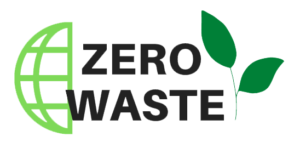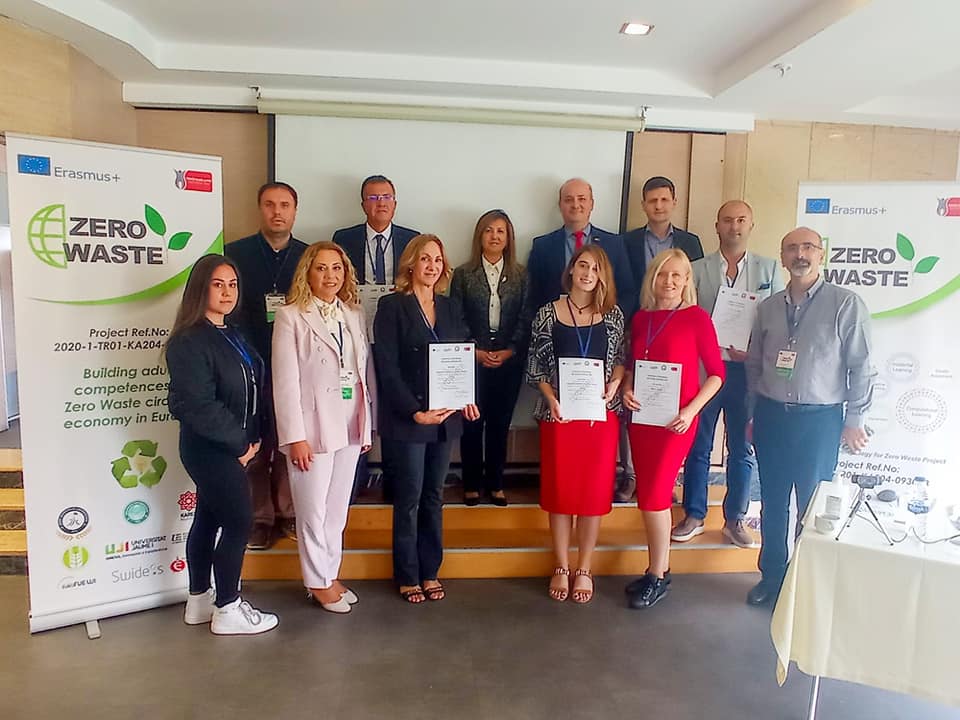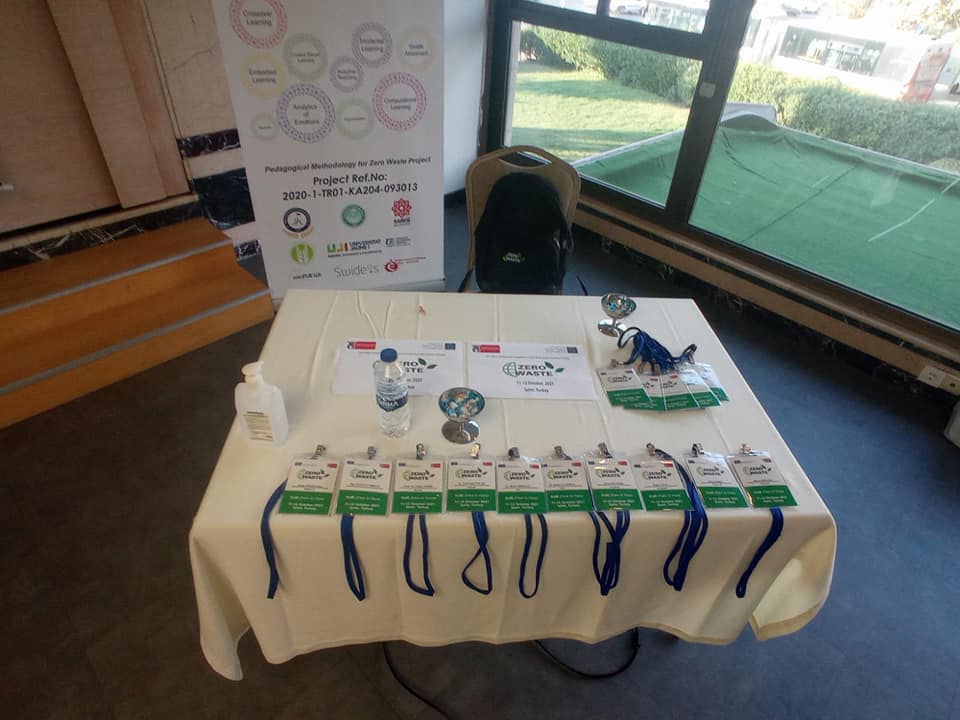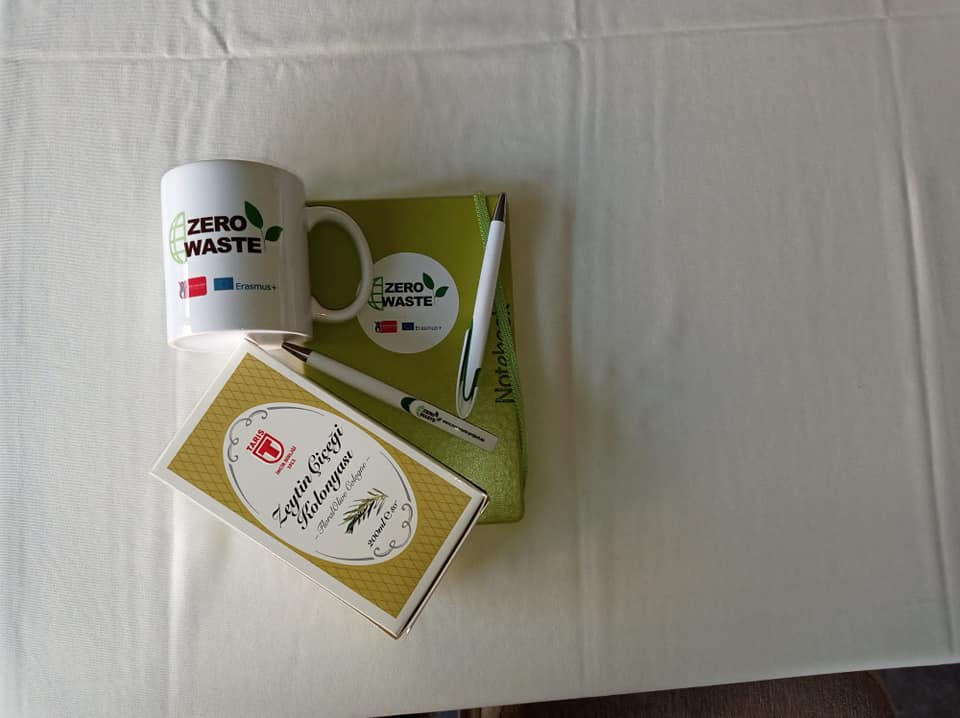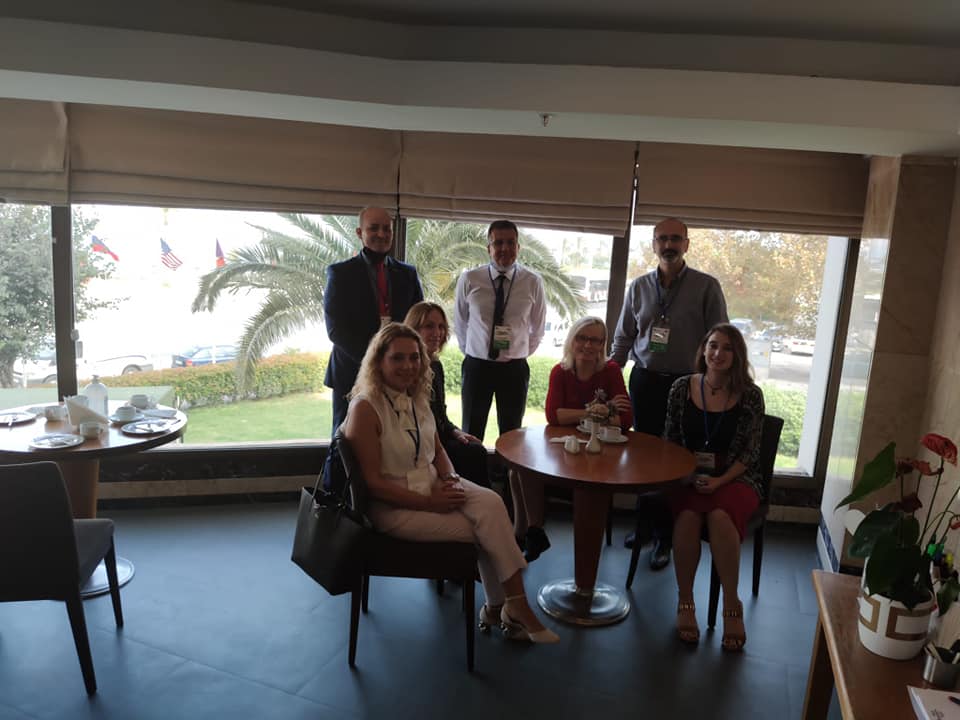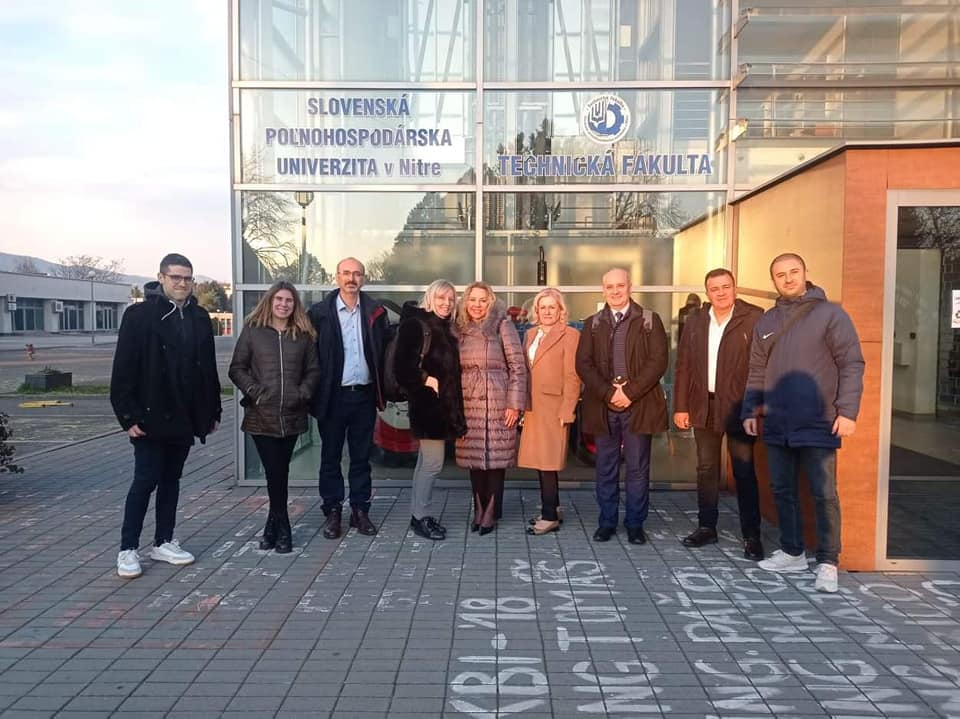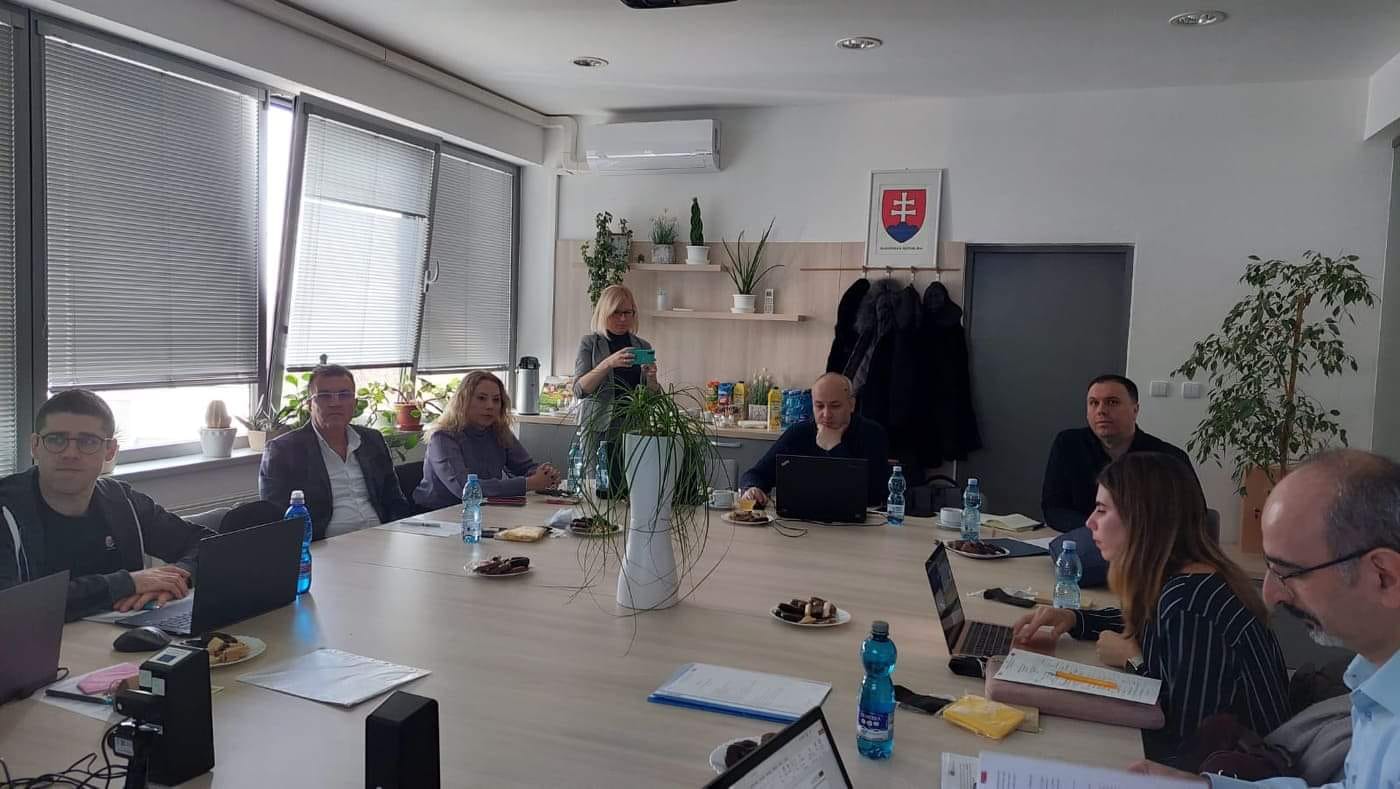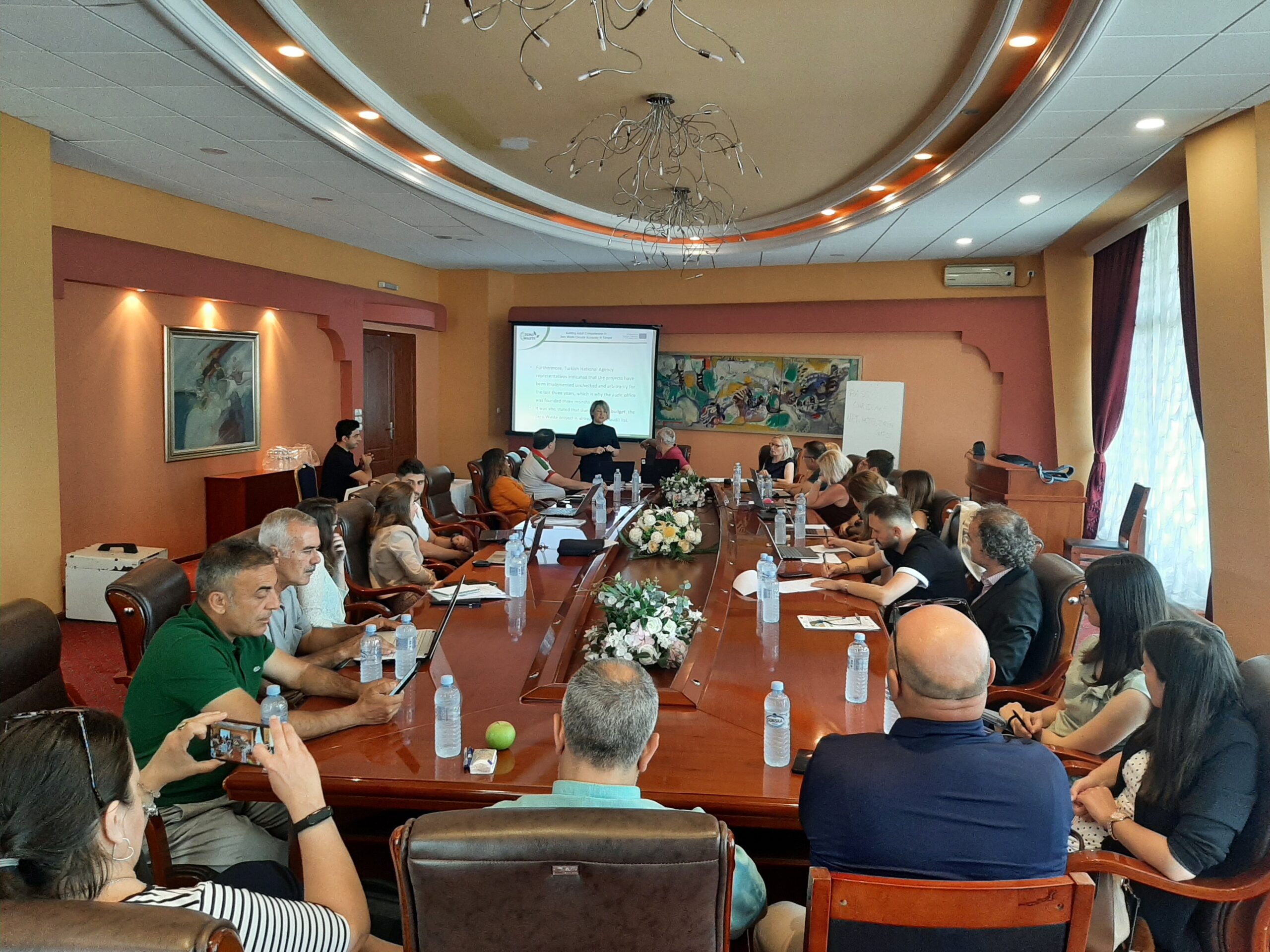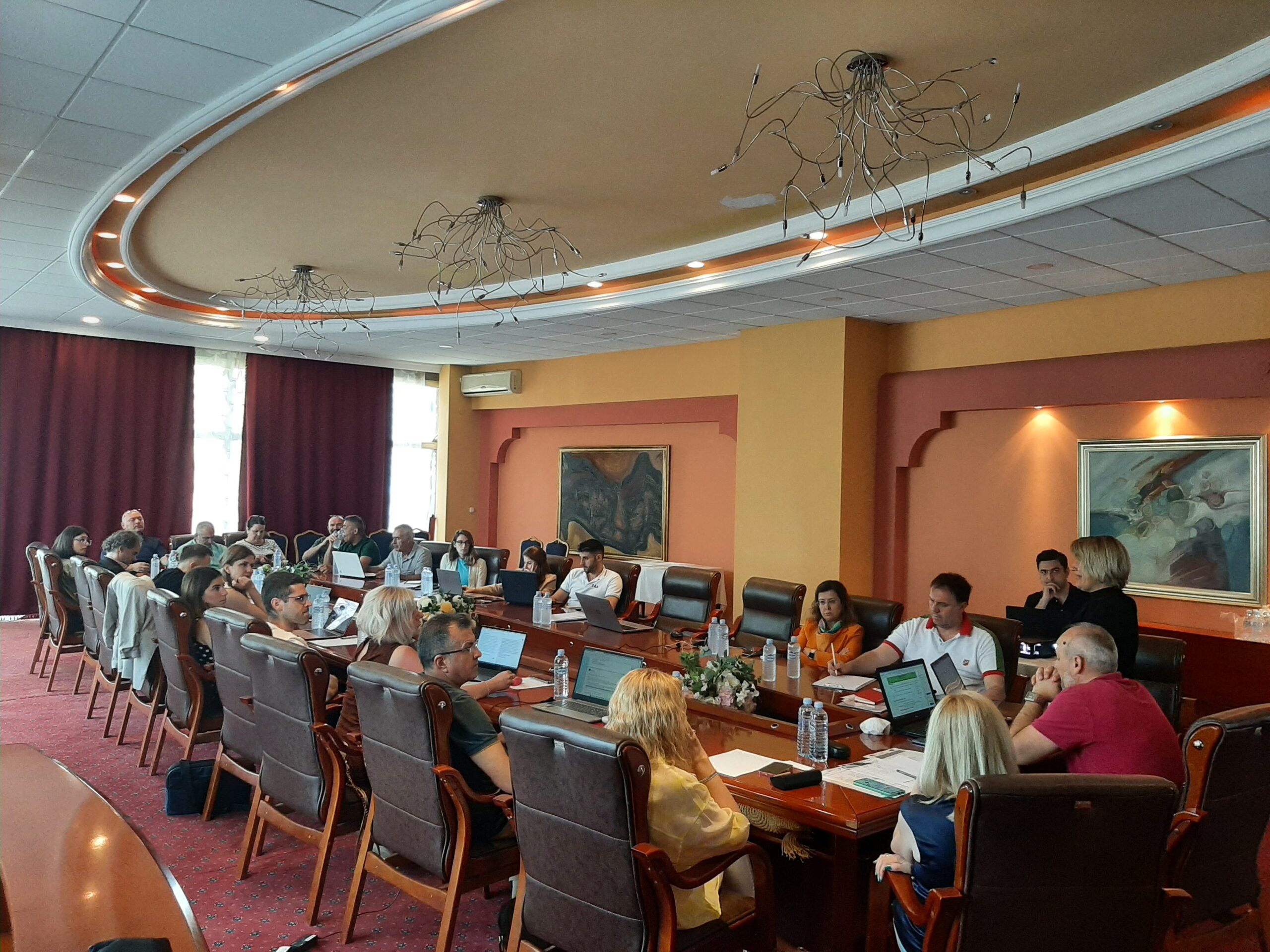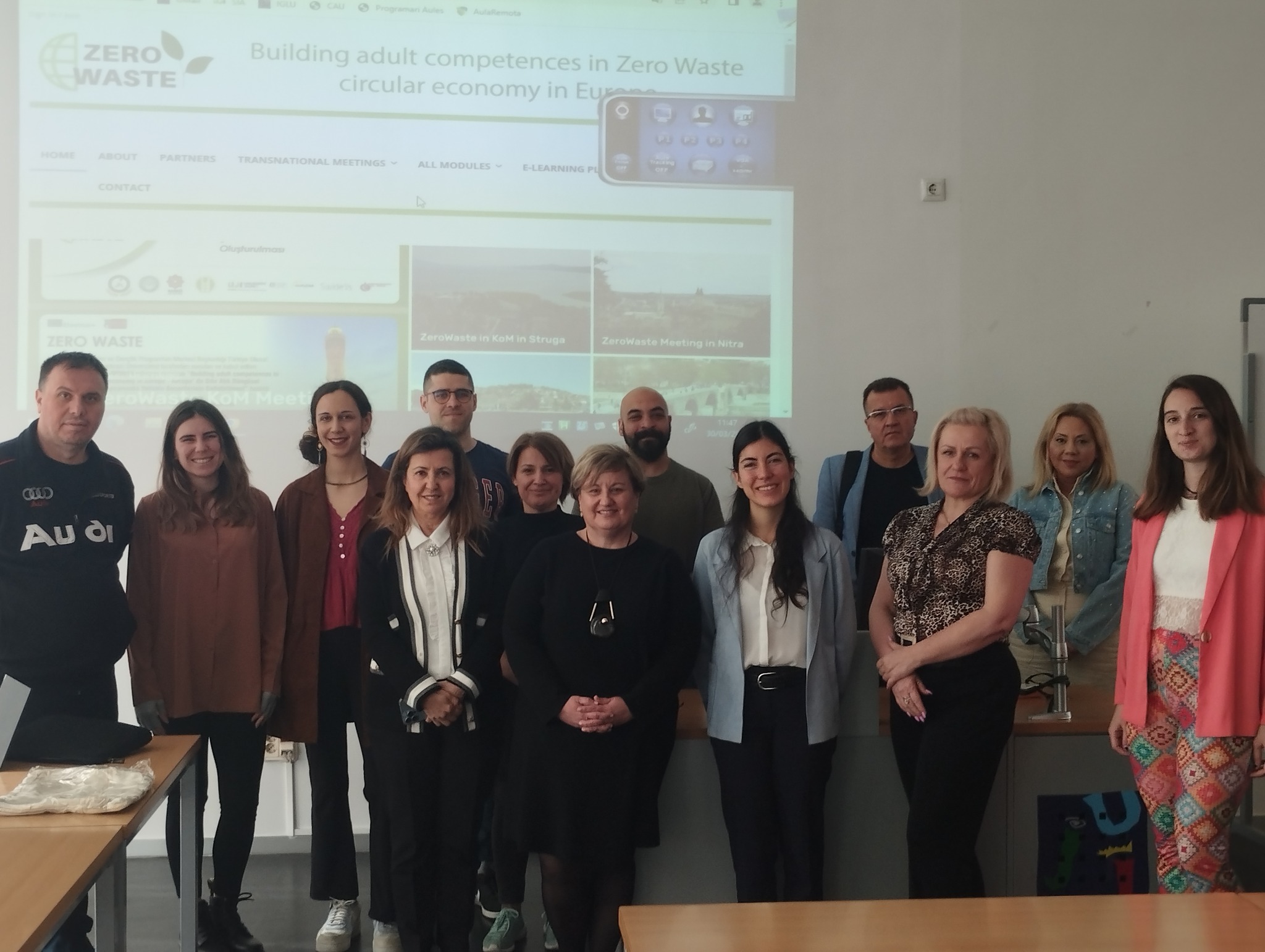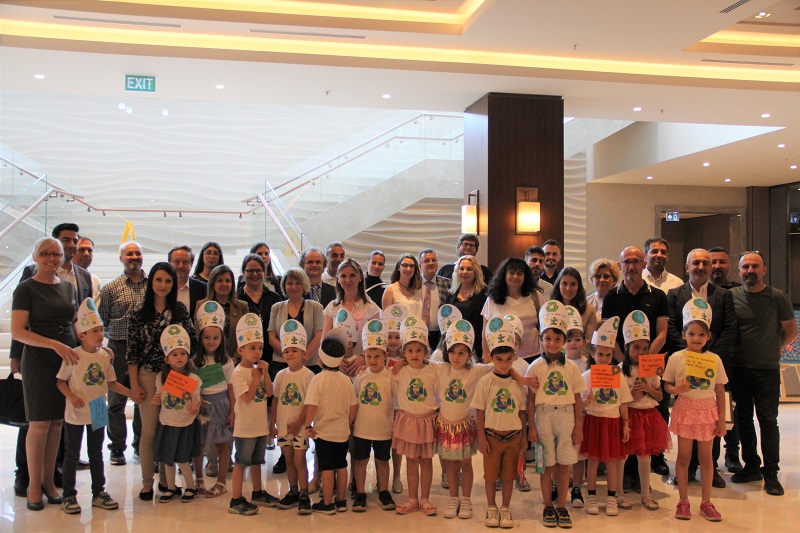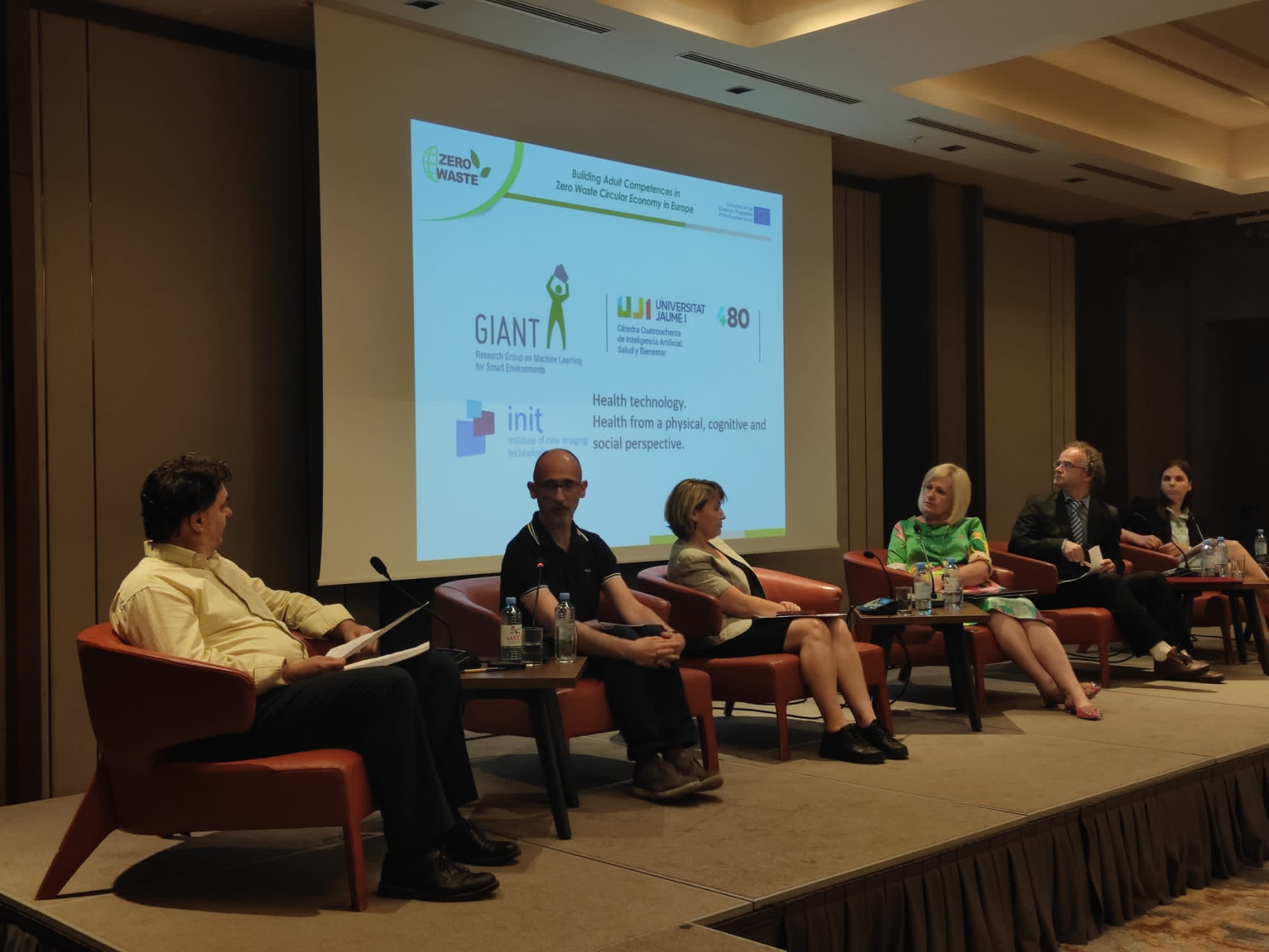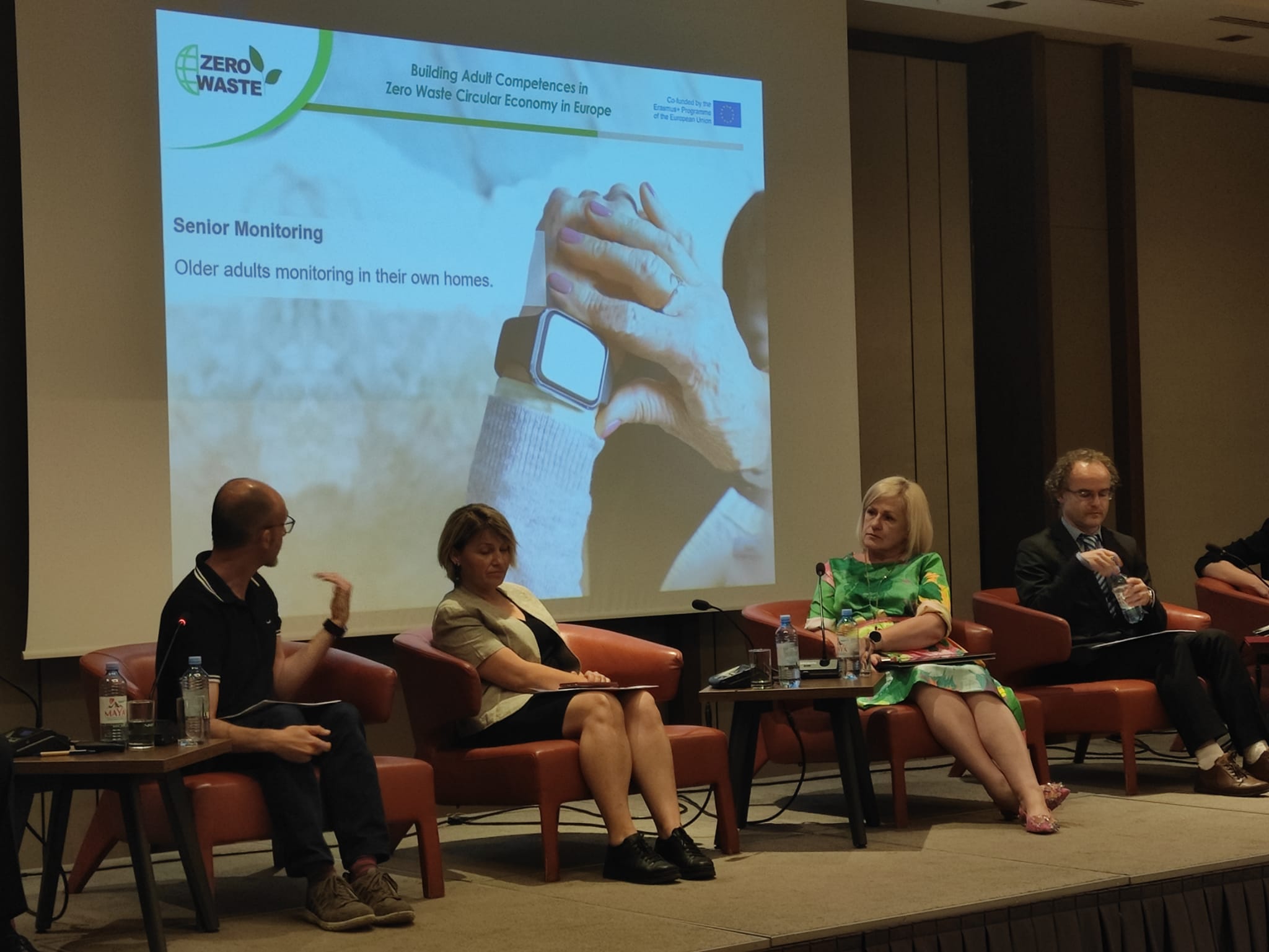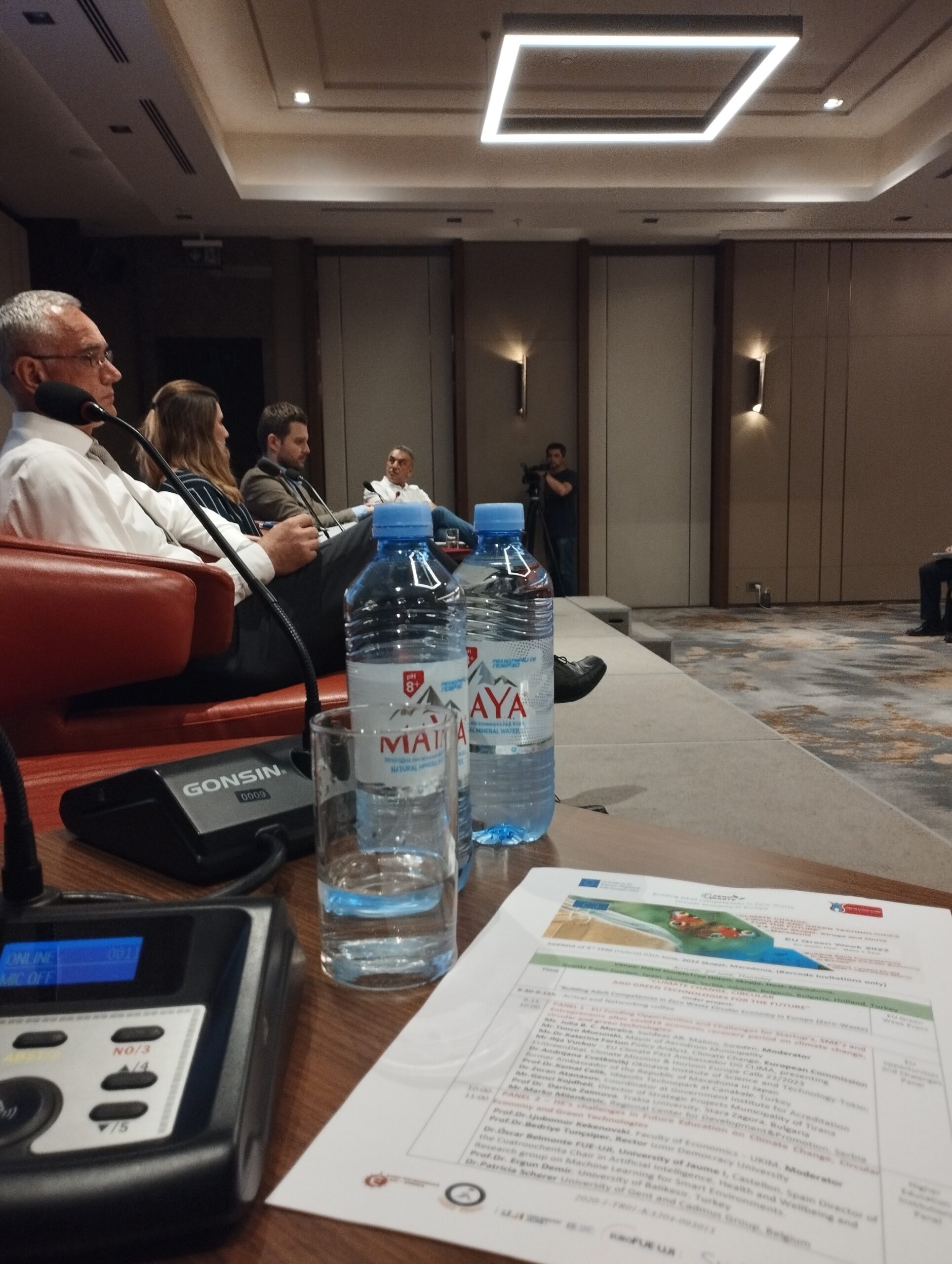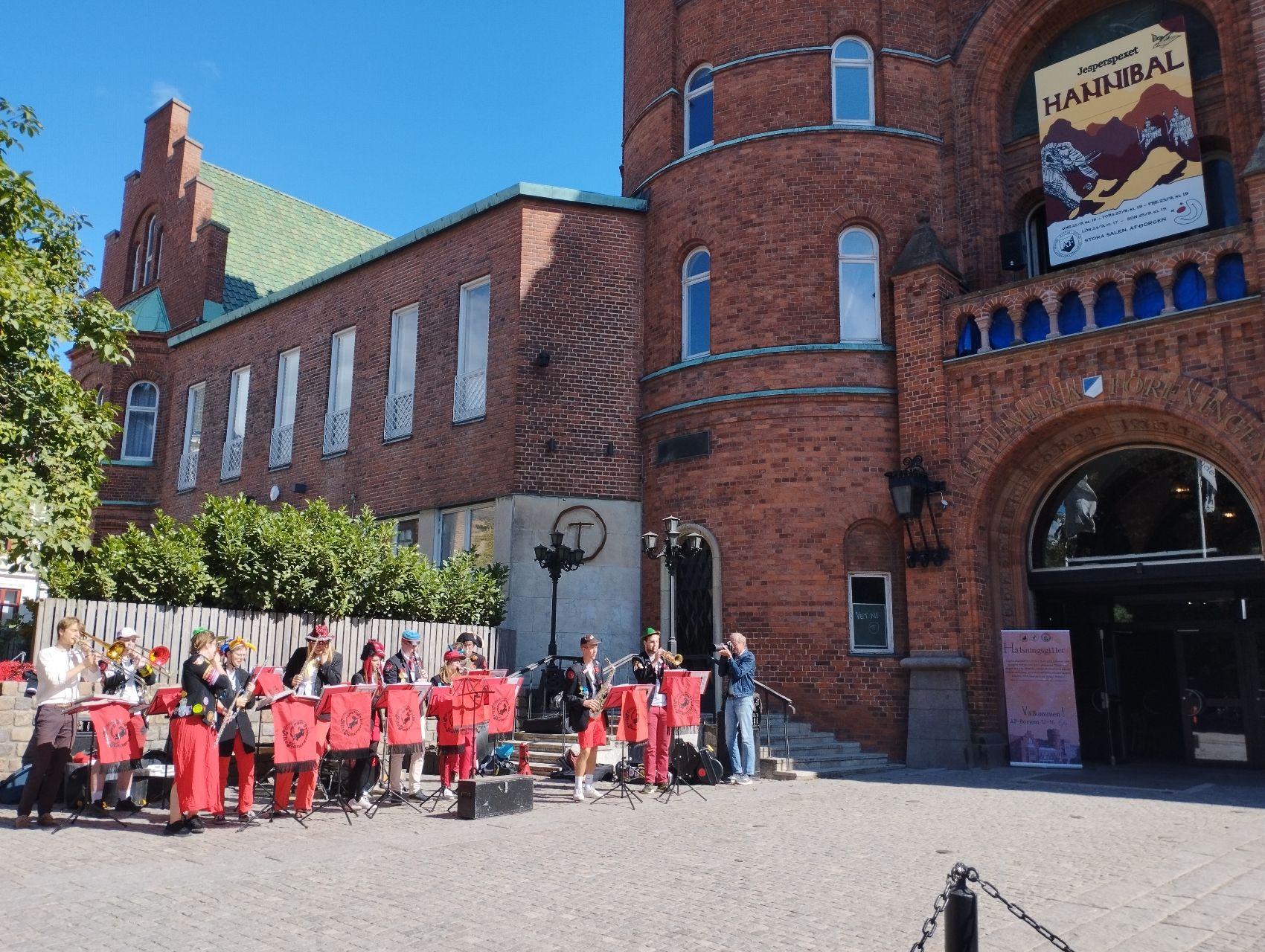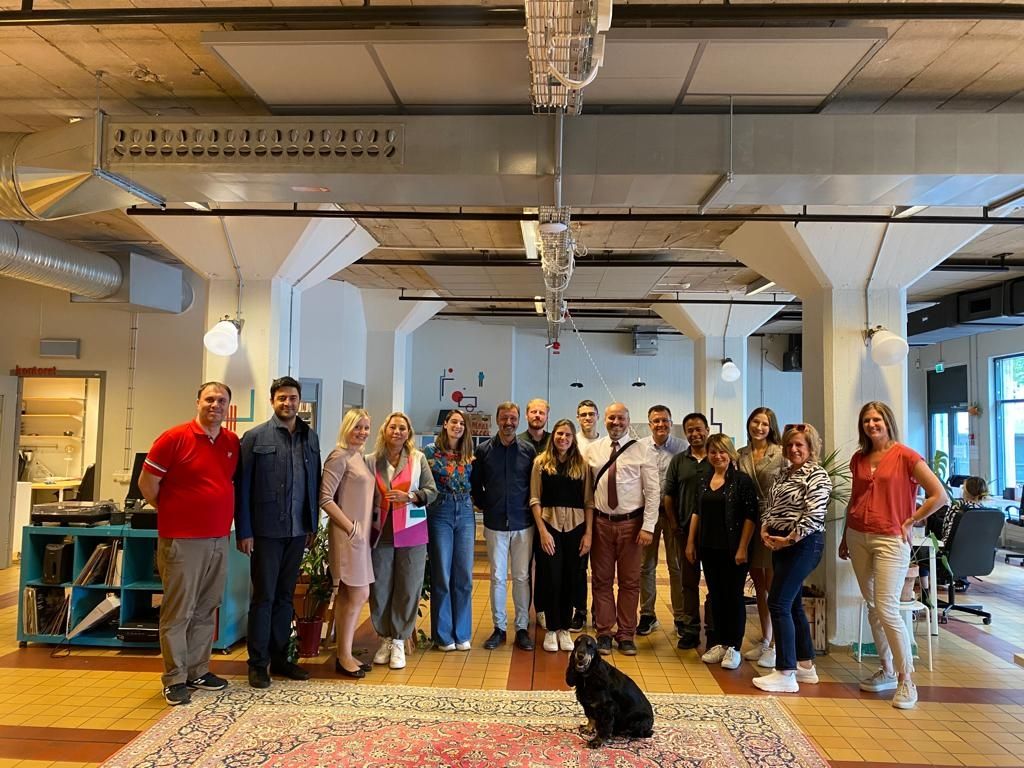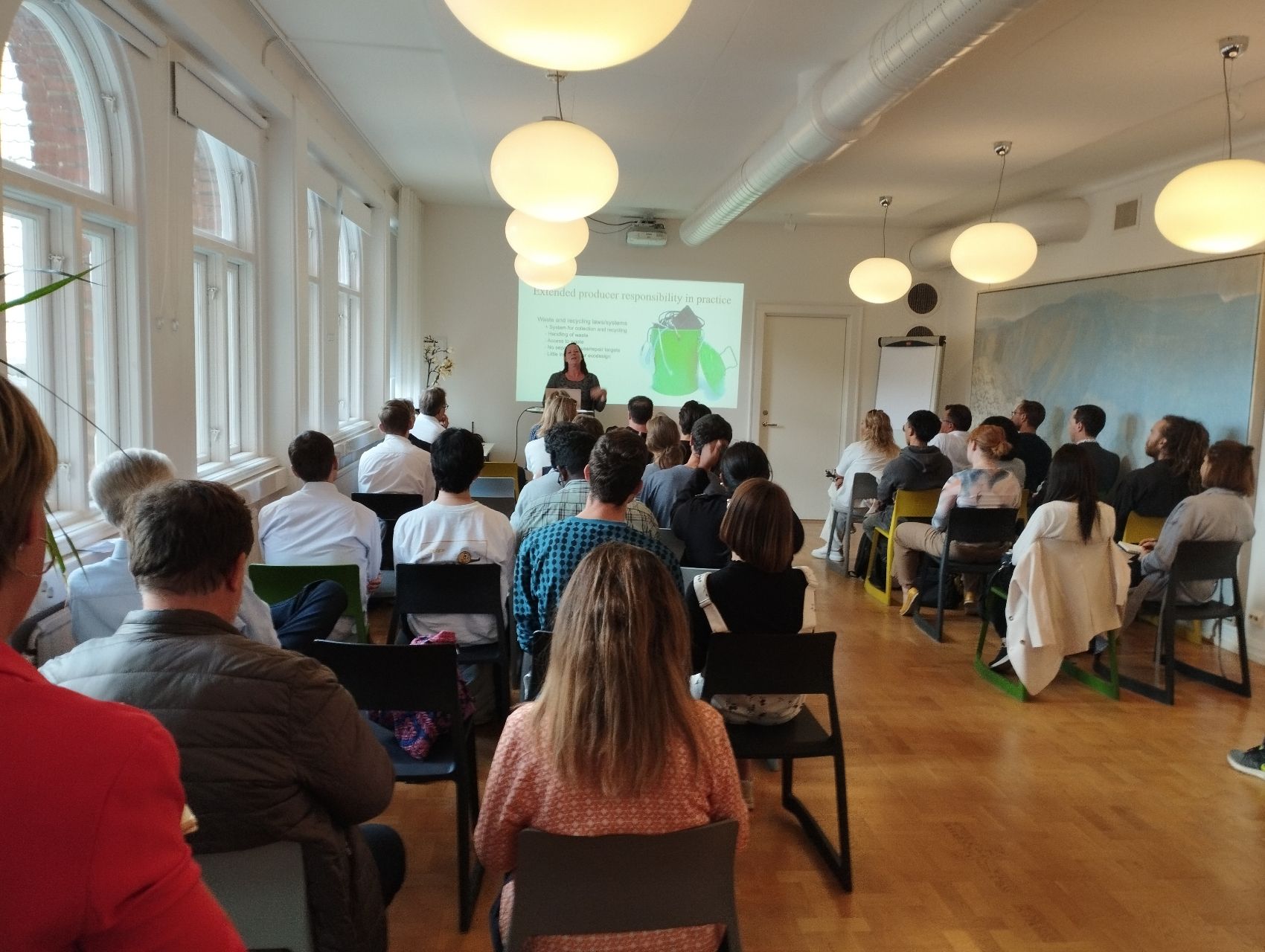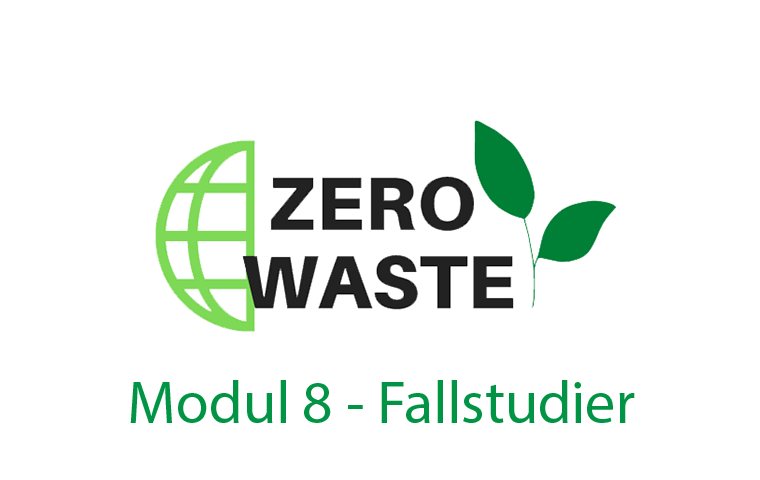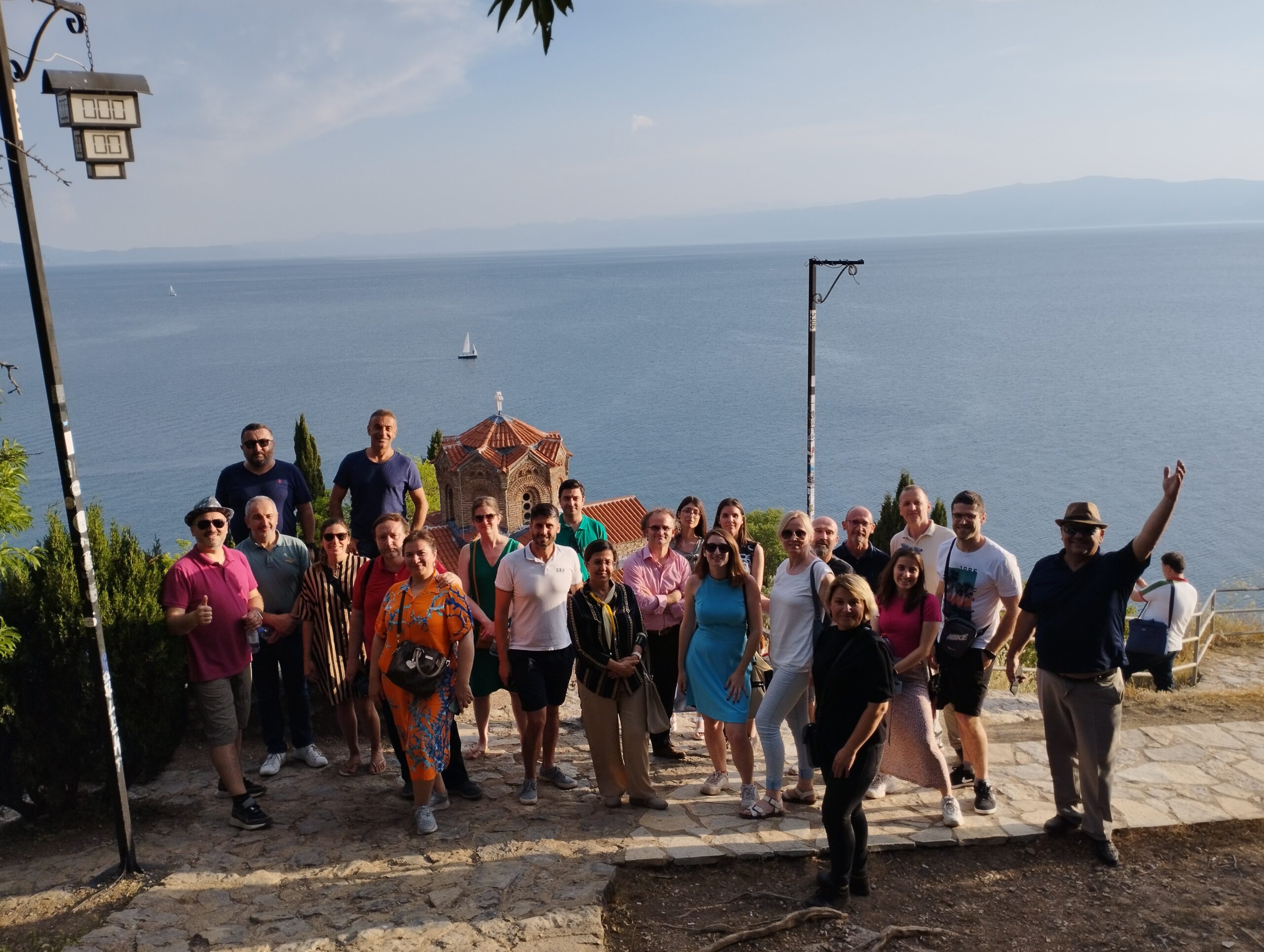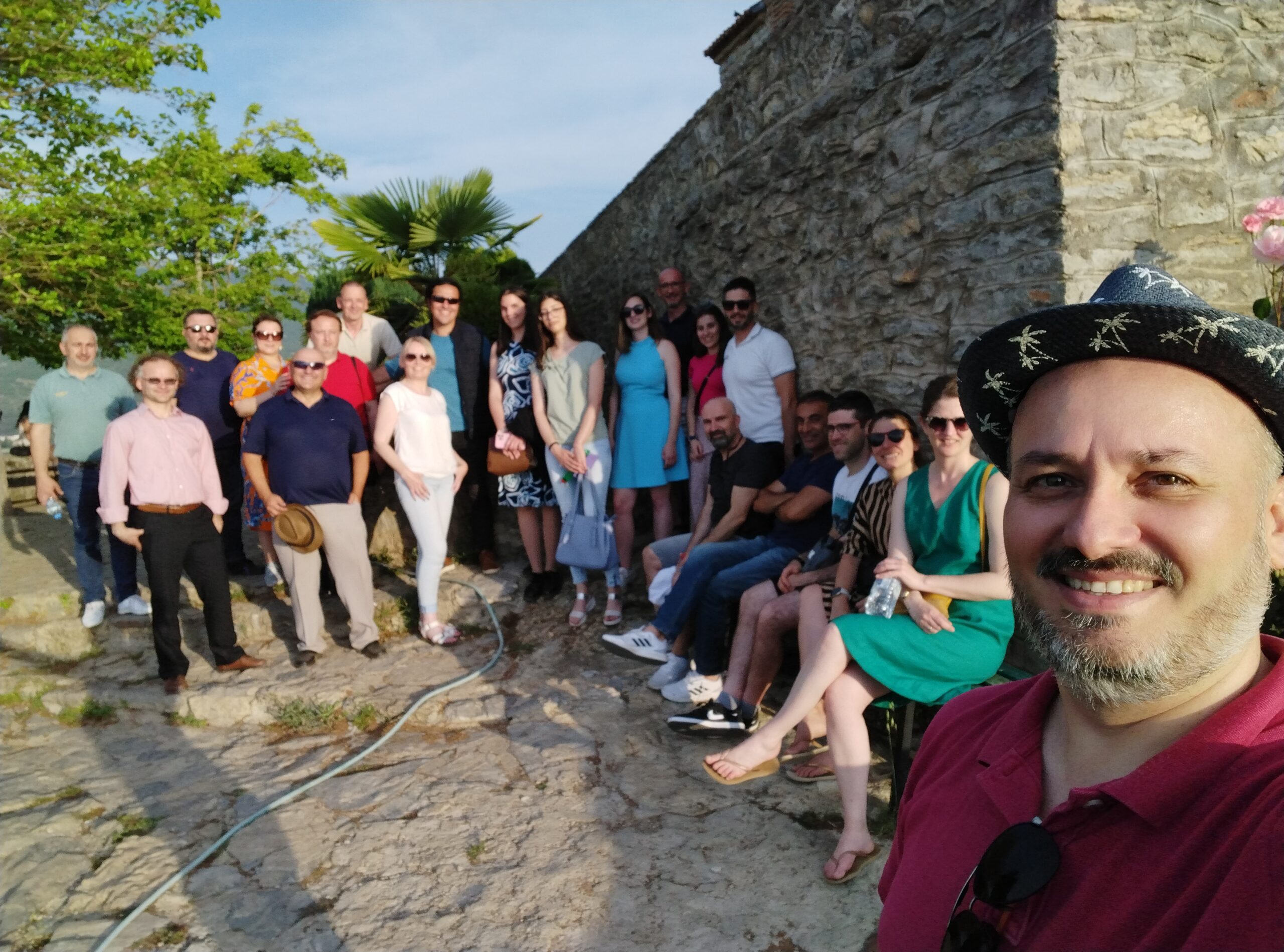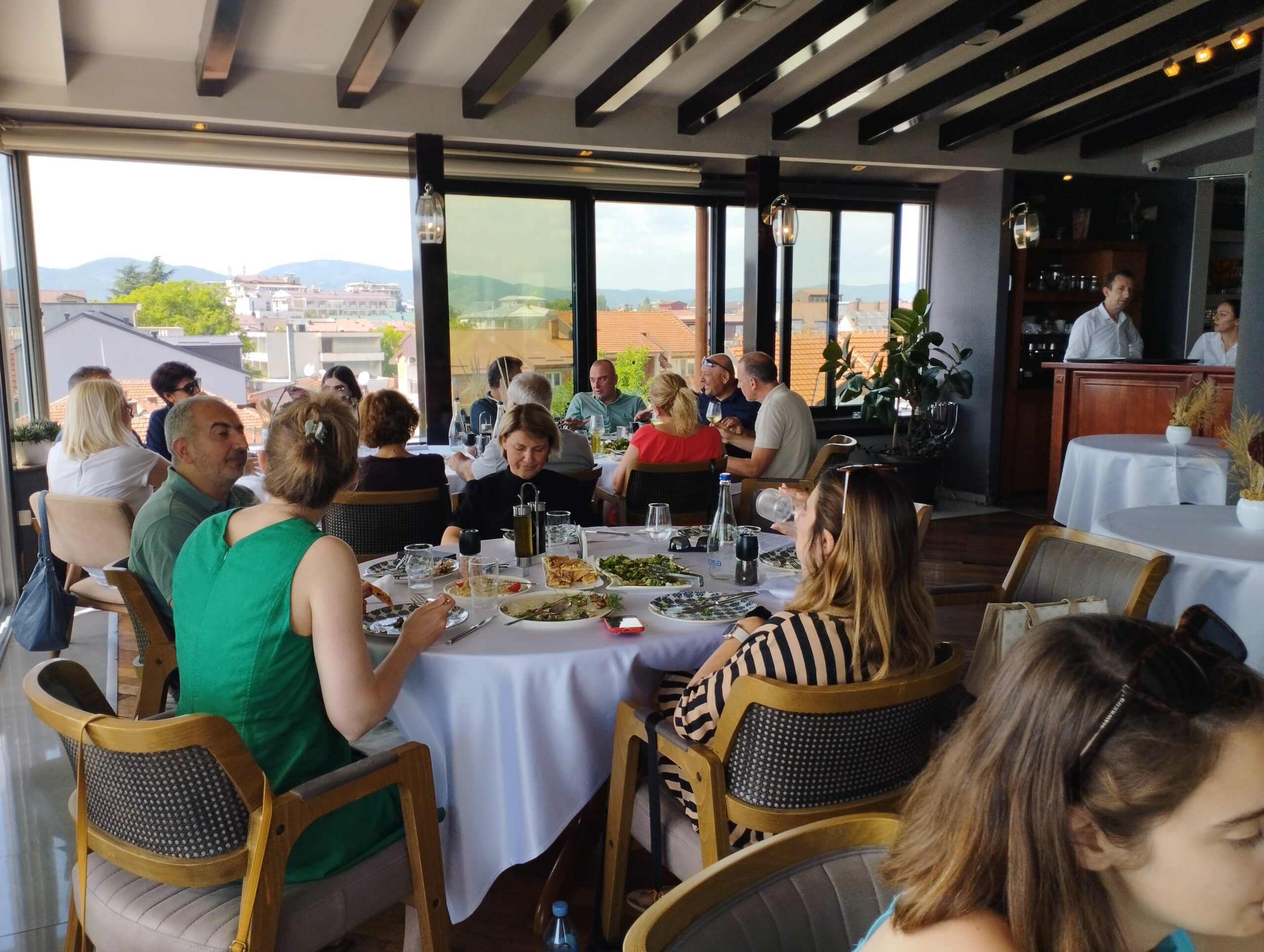DESCRIPTION OF THE PROJECT
The aims of this project is;
– to identify the current state of development of zero waste CE in the EU zone,
– to create an innovative curriculum and design a guide to increase the competences of the adult learners on zero waste CE including recycling methods to meet the demands of
labour market and municipalities that will aid municipalities to shift zero waste cities
– to show the self-employment, job and entreneurship opportunities of the model
– to build adult competences in circular design and sustainability.
Project objectives provides to the stakeholders;
– to change behavior and ensure regions maximize recycling in the most cost-effective way through a combination of teaching, educational resources and ICT.
Target groups;
– Adult trainers (primary),
– Municipalities,
– SMEs,
– Entrepreneurs, and professionals interested in starting a business in a CE context.
Main intellectual outputs;
– Baseline report, innovative curriculum and training modules for adult educators
– The ICT related resources and toolbox to support pilot training
– European Zero-Waste Handbook with Entrepreneurship Manual
Zero-Waste Concept: The Circular Economy is important for environmental sustainability. This is a system built on reduction, reuse and recycling because waste is considered a valuable resource. The CE Action Plan revised in January 2018 with polluter pay principle and aims by 2030, all plastics packaging should be recyclable, degree of recycling of municipal waste and maximum 10% waste will be disposal on land fields until 2035.
The past 150 years of industrial evolution have been dominated by a one-way or linear model based on the principle of ‘take-make-waste’. This model has caused a great dependency on scarce resources, environmental pressure, and huge amounts of waste. Society needs re-think and re-design the way we work at all levels of the manufacturing process.
It is therefore necessary to develop a new economic model known as the ‘zero waste circular economy‘, based on the principle of not unnecessarily destroying recourses. A sustainable bio-economy is the renewable segment of the circular economy.
Together with environmental benefits, a growing circular economy offers substantial potential to create jobs through lowering structural mismatch in high unemployment regions in Europe and increase materials productivity. It is expected that CE in Europe will create green entrepreneurs and 1.2 million jobs by 2030.
Responsible partners to modules:
Module 1
Zero Waste introduction & principles
Izmir Democracy University – IDU (TR)
Module 2
Circular economy & Smart waste under the Zero Waste concept
EMKICE KIC Consulting (MK)
Module 3
Smart cities & Zero Waste concept
KARESI Municipality (TR)
Module 4
Reduce
University of Nitra – SPU (SK)
Module 5
Reuse
Balikesir University – BAUN (TR)
Module 6
Recycling
Fundación University Jaume I Empresa – FUE-UJI (ES)
Module 7
Legislation at EU and national levels
SWIDEAS AB (SE)
Module 8
Case Studies
All Partners
